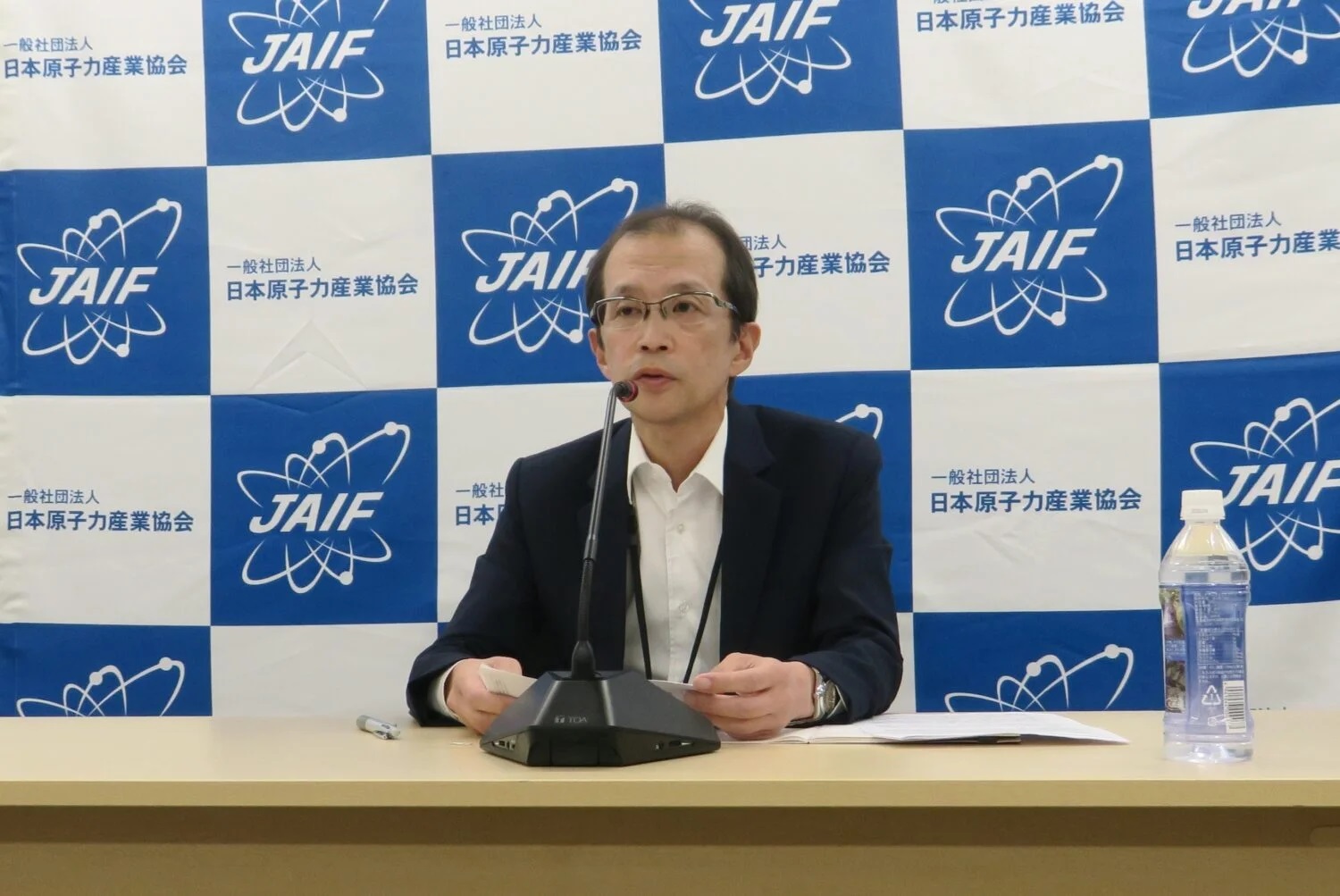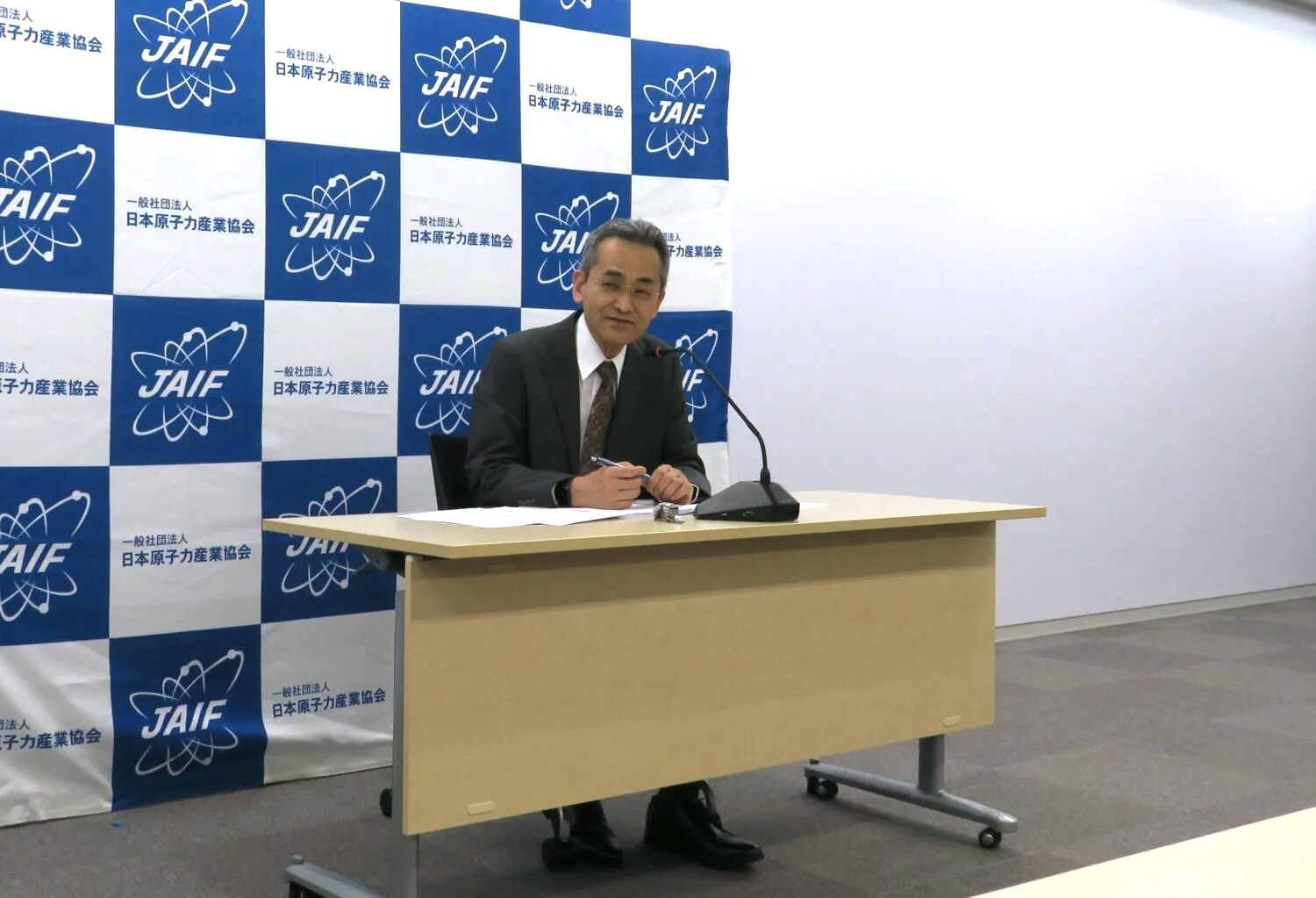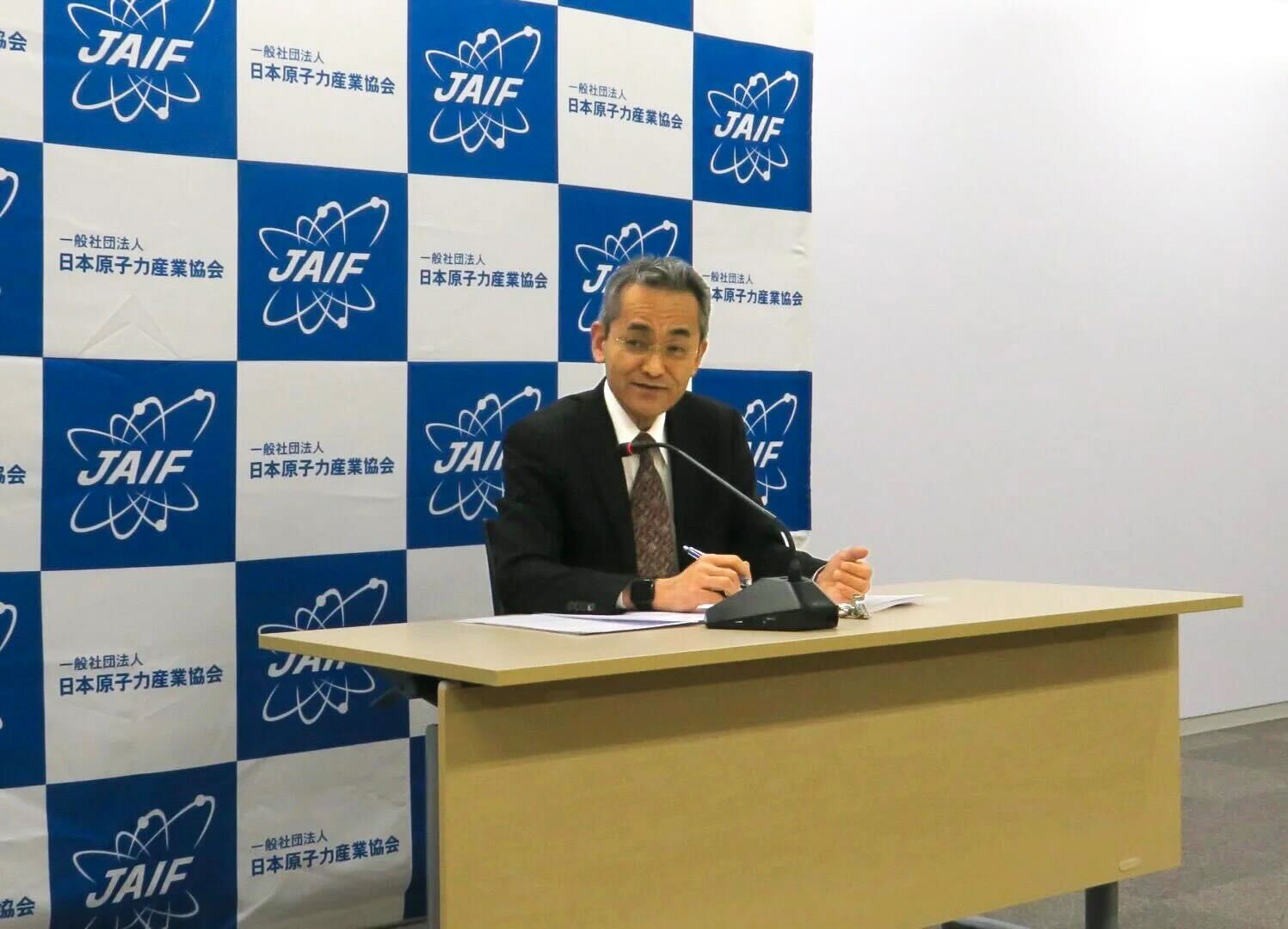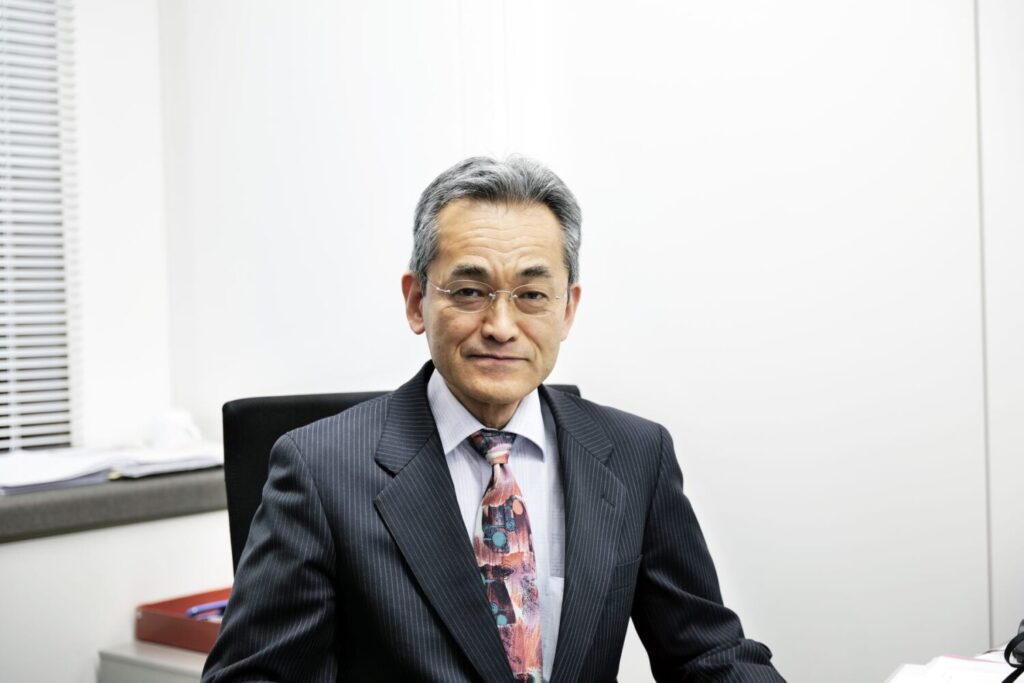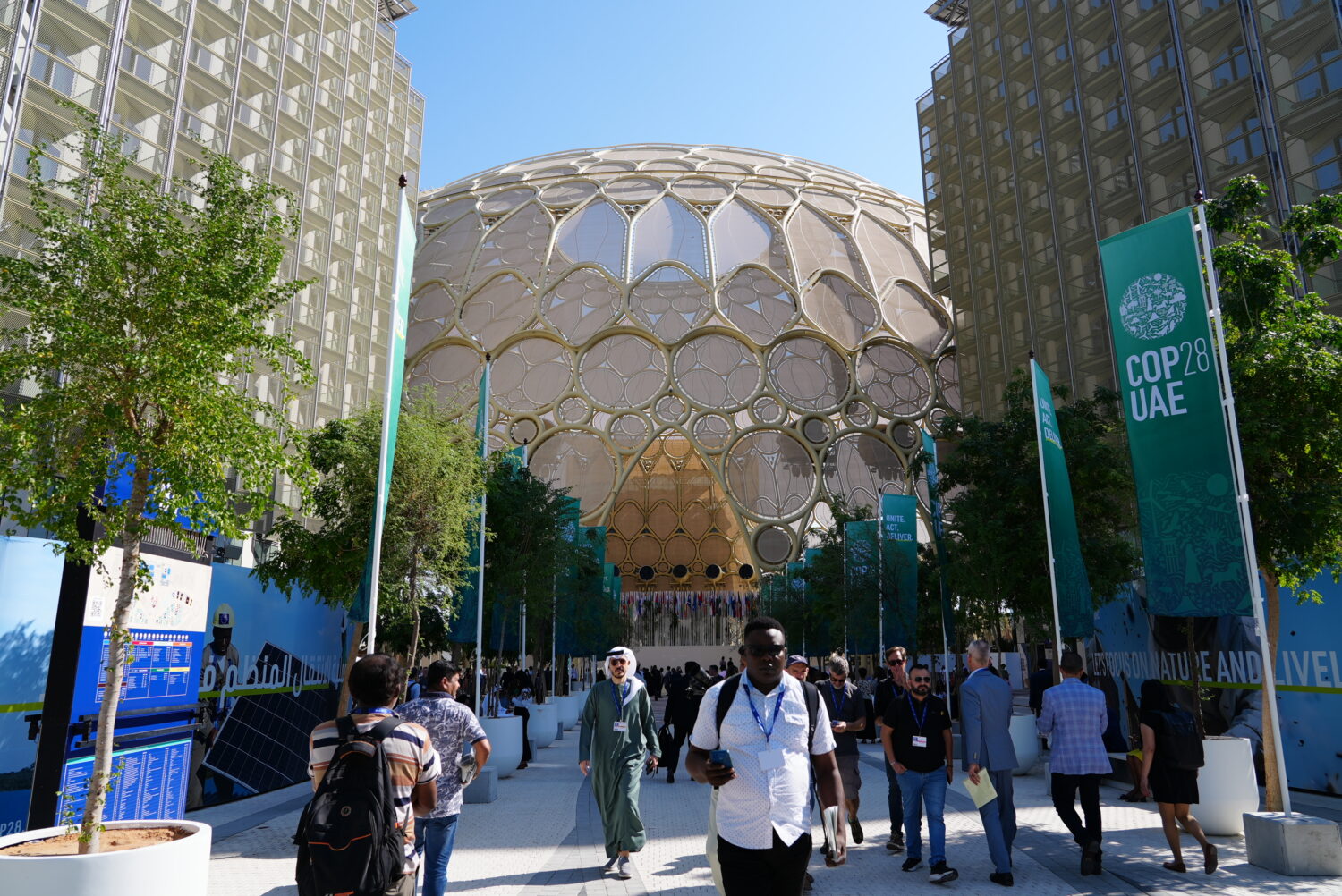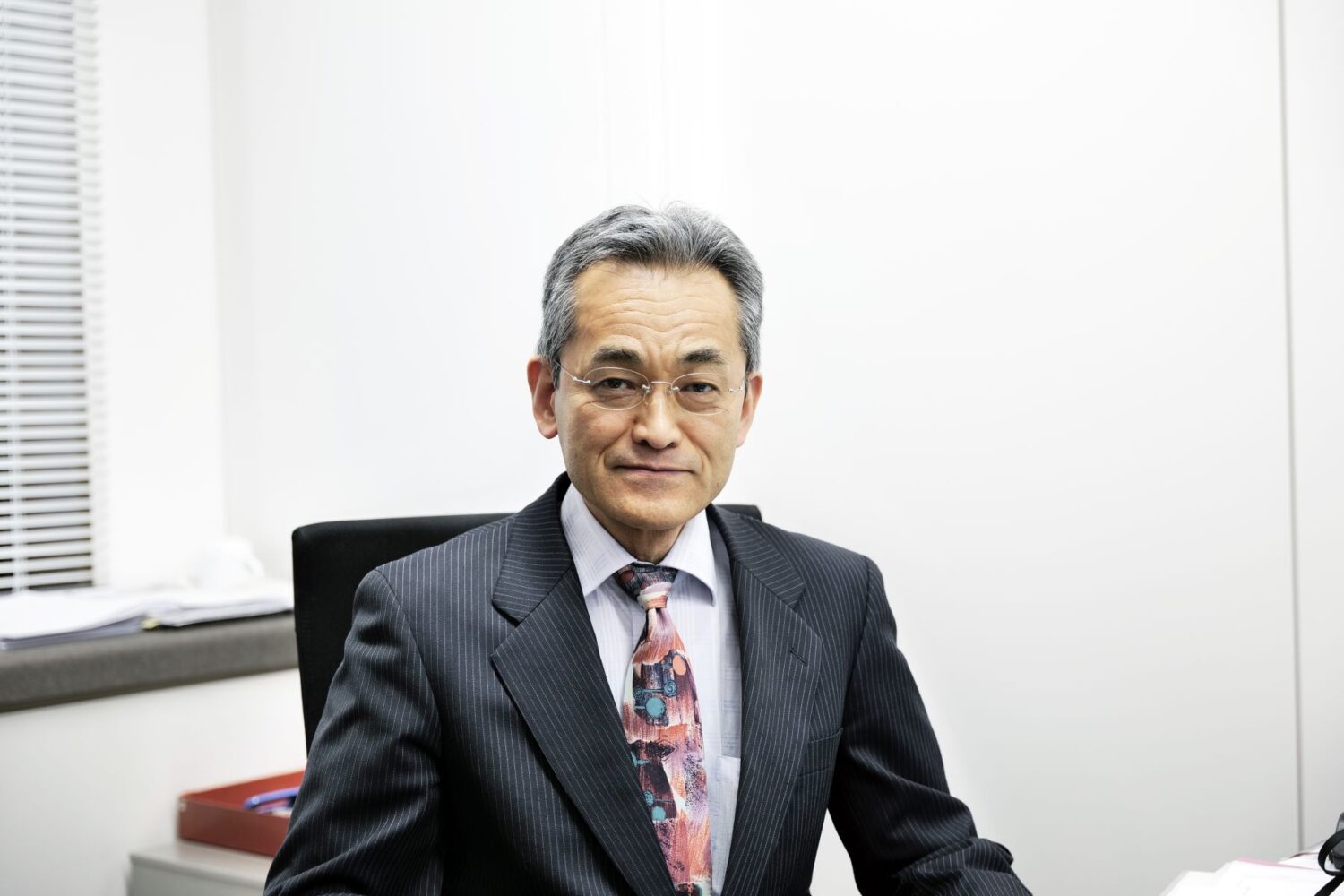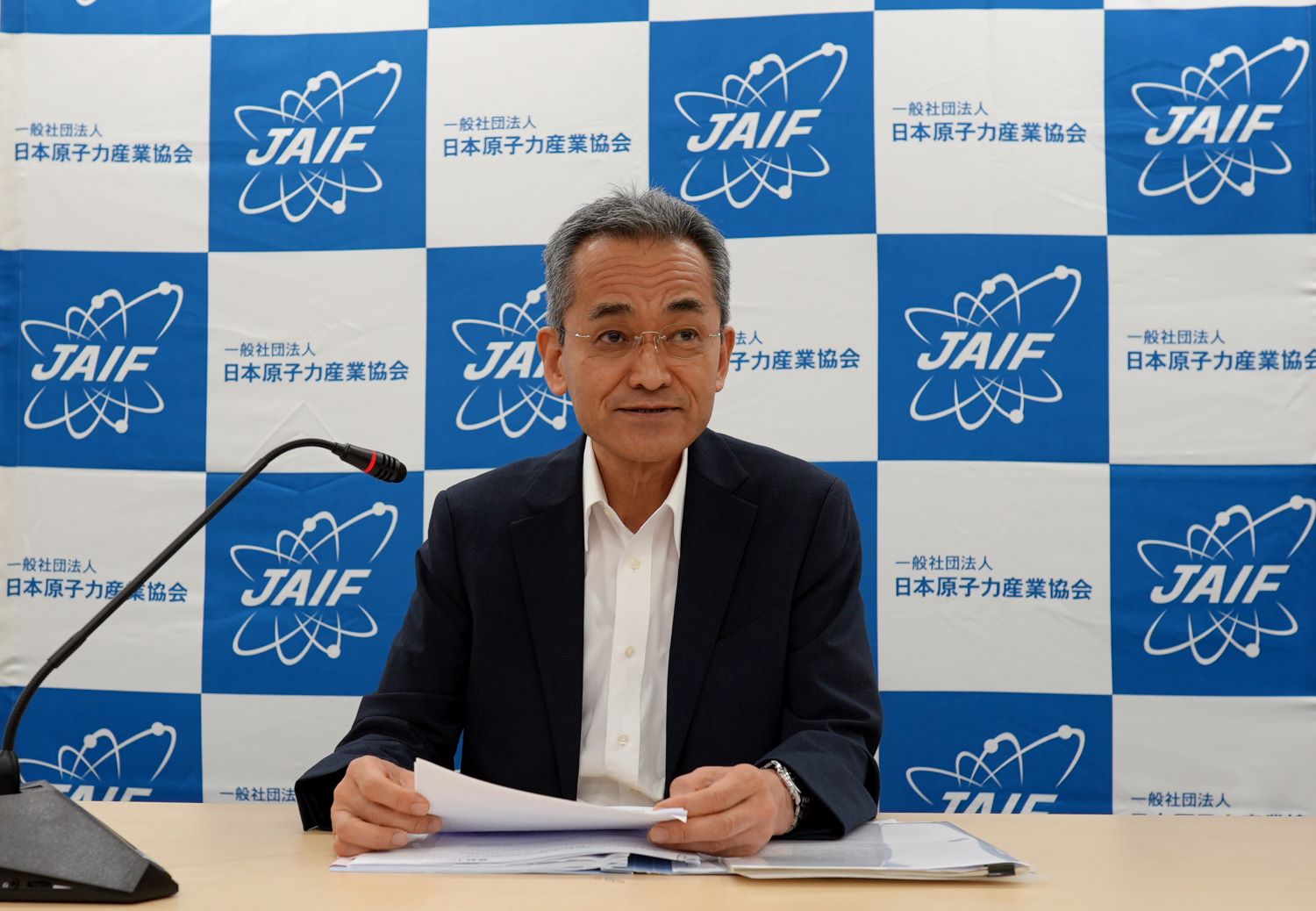The G7 Hiroshima Leaders’ Communiqué issued by the summit reaffirms the importance of nuclear power’s role, recognizing its potential “to provide affordable low-carbon energy that can reduce dependence on fossil fuels, to address the climate crisis and to ensure global energy security as a source of base-load energy and grid flexibility.”
Prior to the G7 summit, JAIF, jointly held the Nuclear Energy Forum (NEF) with the U.S. Nuclear Energy Institute (NEI) in conjunction with the G7 Ministers’ Meeting on Climate, Energy and Environment in Sapporo on April 15 and 16.
President Arai also referred to the results of those meetings when saying that JAIF, as part of the nuclear industry, and “in light of the important role of nuclear power confirmed at G7, … would endeavor, in cooperation with nuclear industries around the world, to make the maximum use of nuclear energy to respond to the climate crisis and achieve energy security.”
Regarding recent actions by the Japanese government regarding nuclear policy, the revisions to the basic policy on final disposal of high-level radioactive waste (HLW) approved by the Cabinet on April 28, stated that in order to select a final disposal site, the national government would “be at the fore” in strengthening activities, including expanding the number of promising sites.
Concerning that point, President Arai said that he expected that “matters would be shared among the entirety of Japan” and that “specific procedures would be advanced.”
On the same day as the Cabinet approval, a ministerial meeting on nuclear energy decided on a Grand Design for Future Nuclear Policy and Guidelines for Action Toward Realization. Those include the following:
- Integrating the influence and capabilities of all relevant parties to facilitate the restart of nuclear power plants (NPPs).
- Making maximum use of existing NPPs.
- Developing and constructing of next-generation advanced reactors.
- Maintaining and strengthening supply chains.
President Arai said that “a course of actions has been identified for the sustainable use of nuclear power, toward the realization of Japan’s energy security, stable supplies of energy and carbon neutrality by 2050.” He then reiterated that JAIF would continue to “work for the maximum use of nuclear power.”
A reporter referred to both a new company conducting R&D toward the commercialization of fusion energy and companies overseas undertaking projects for floating NPPs, with Japanese domestic companies investing in them, and asked about their feasibility. President Arai answered that the hurdles were still high, but so were the hopes for future technological innovations and for startups.


-1.png)


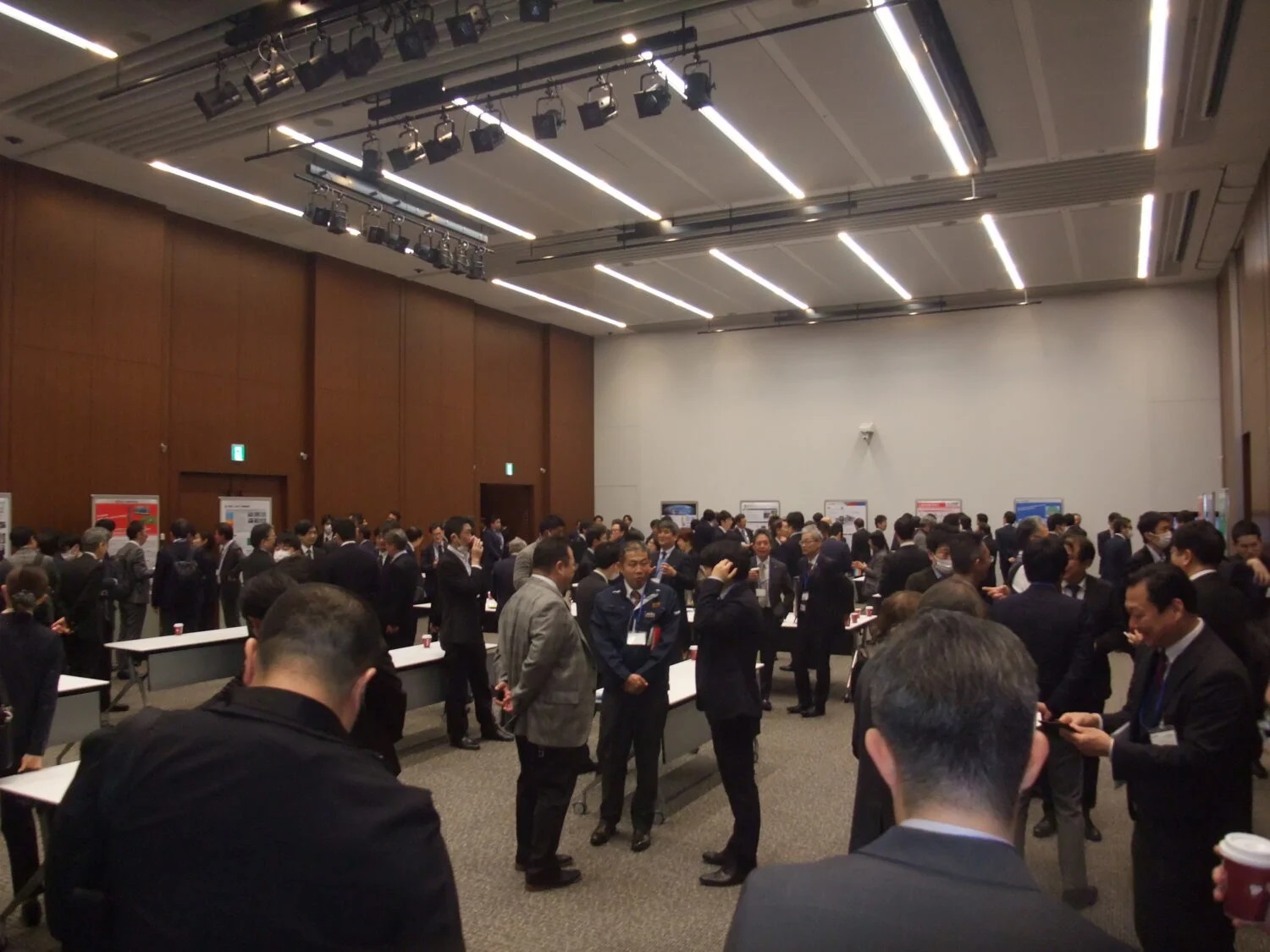

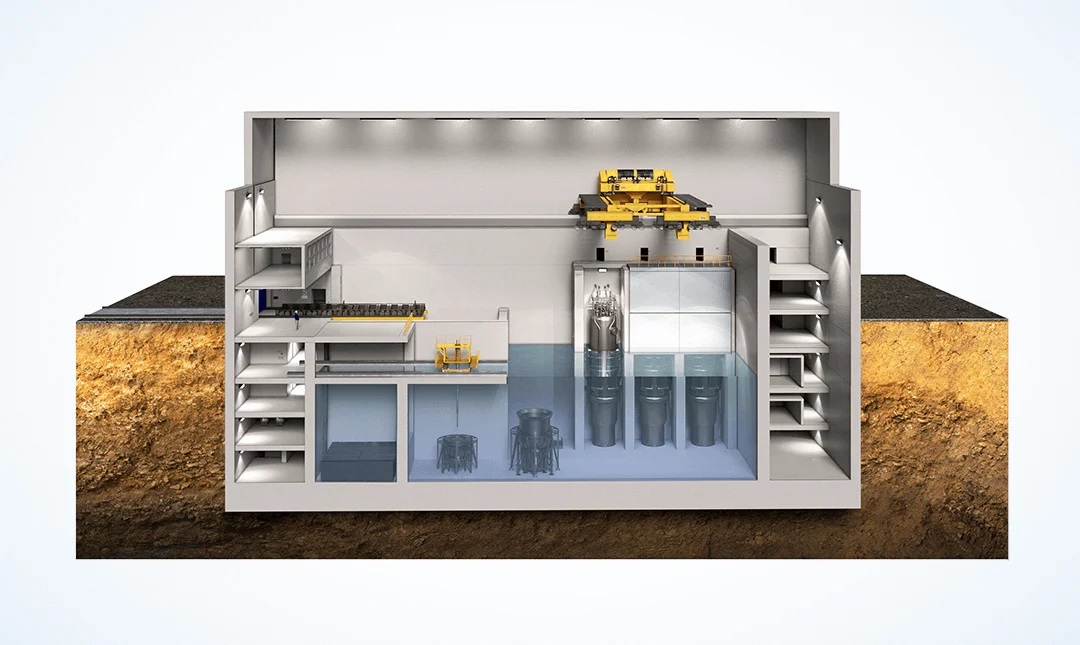
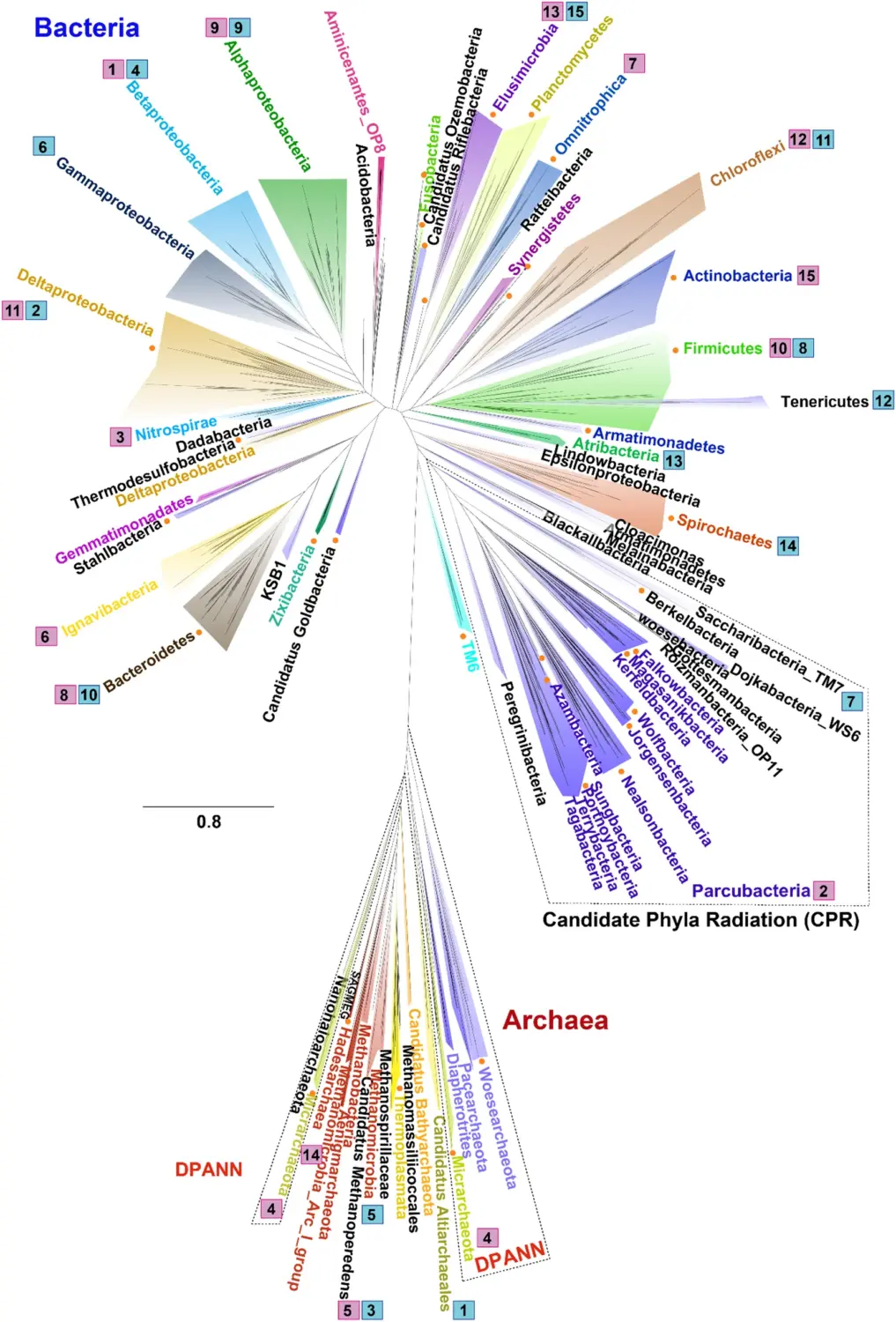
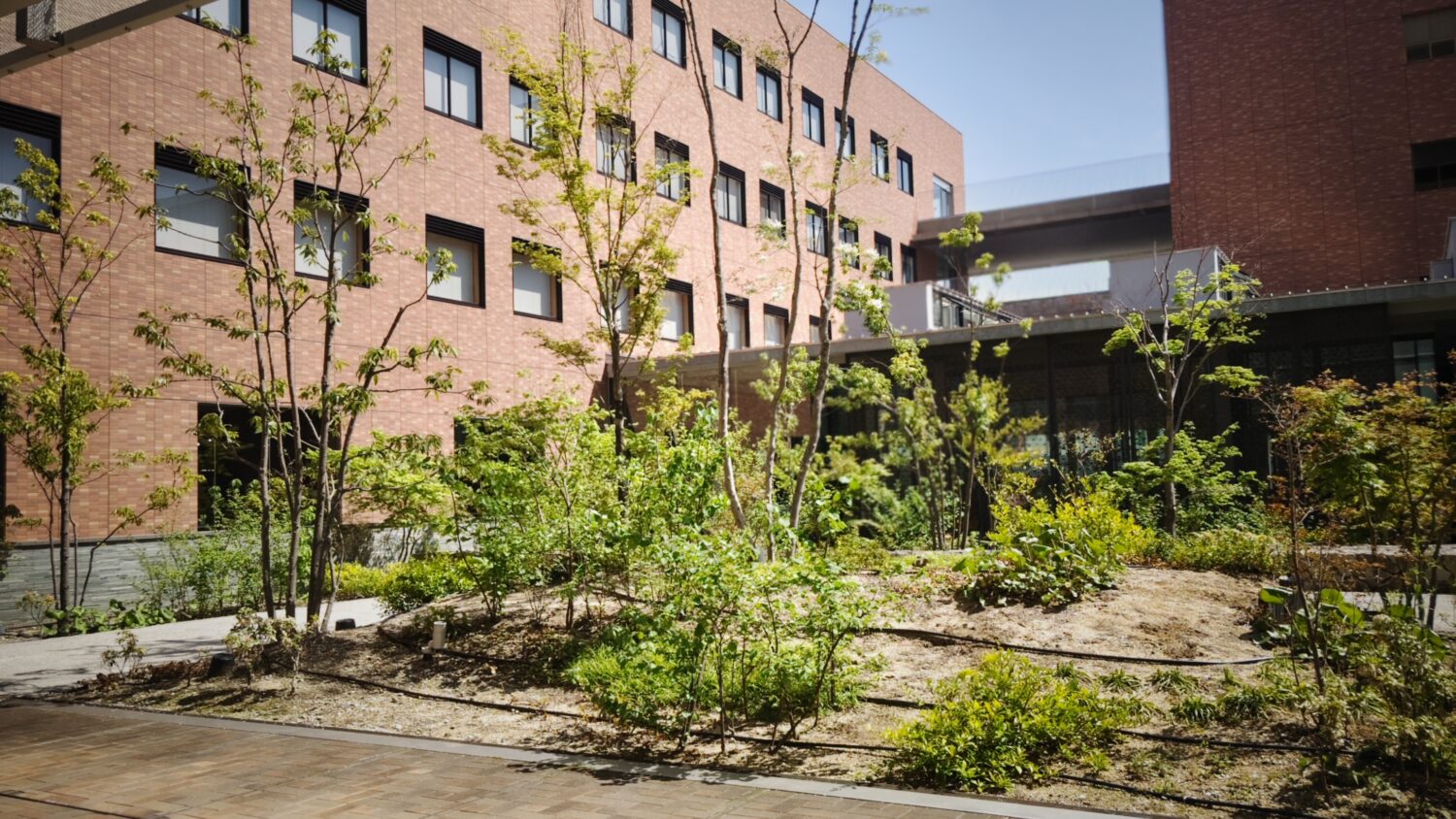



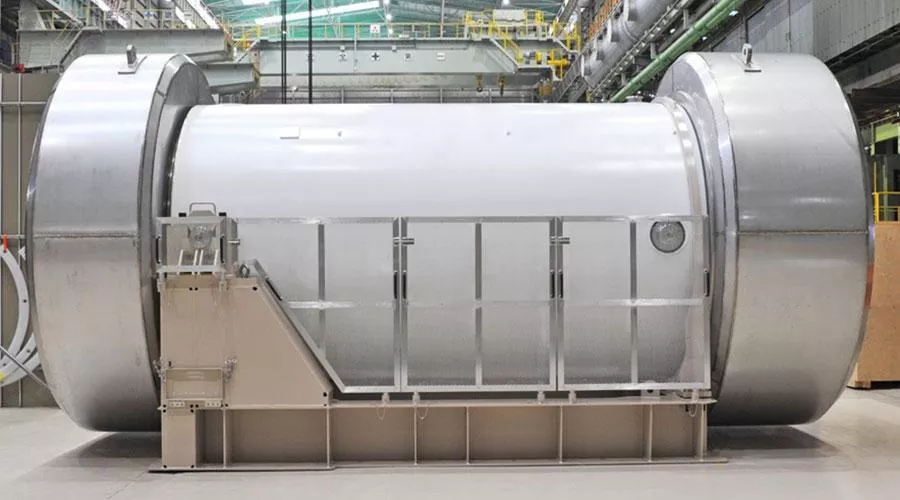
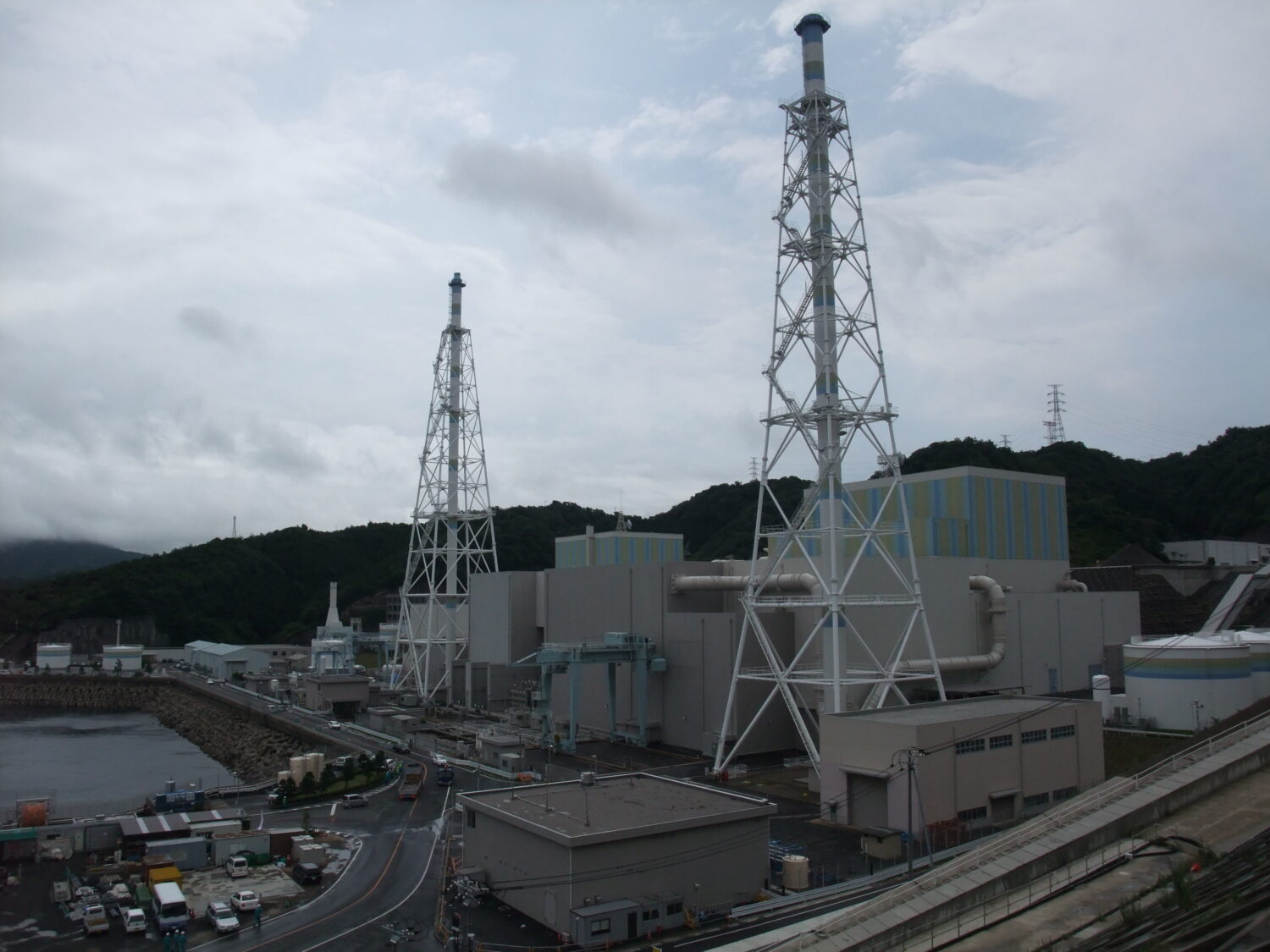

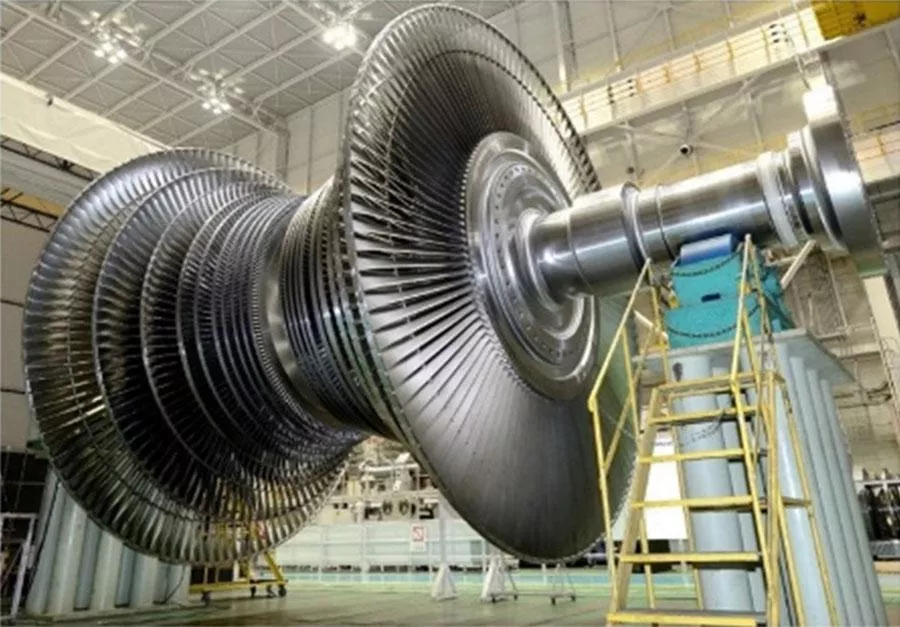

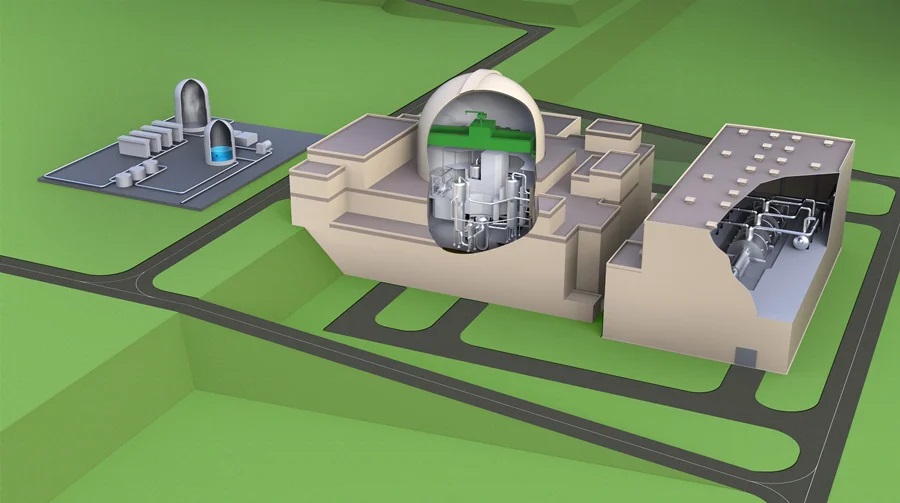
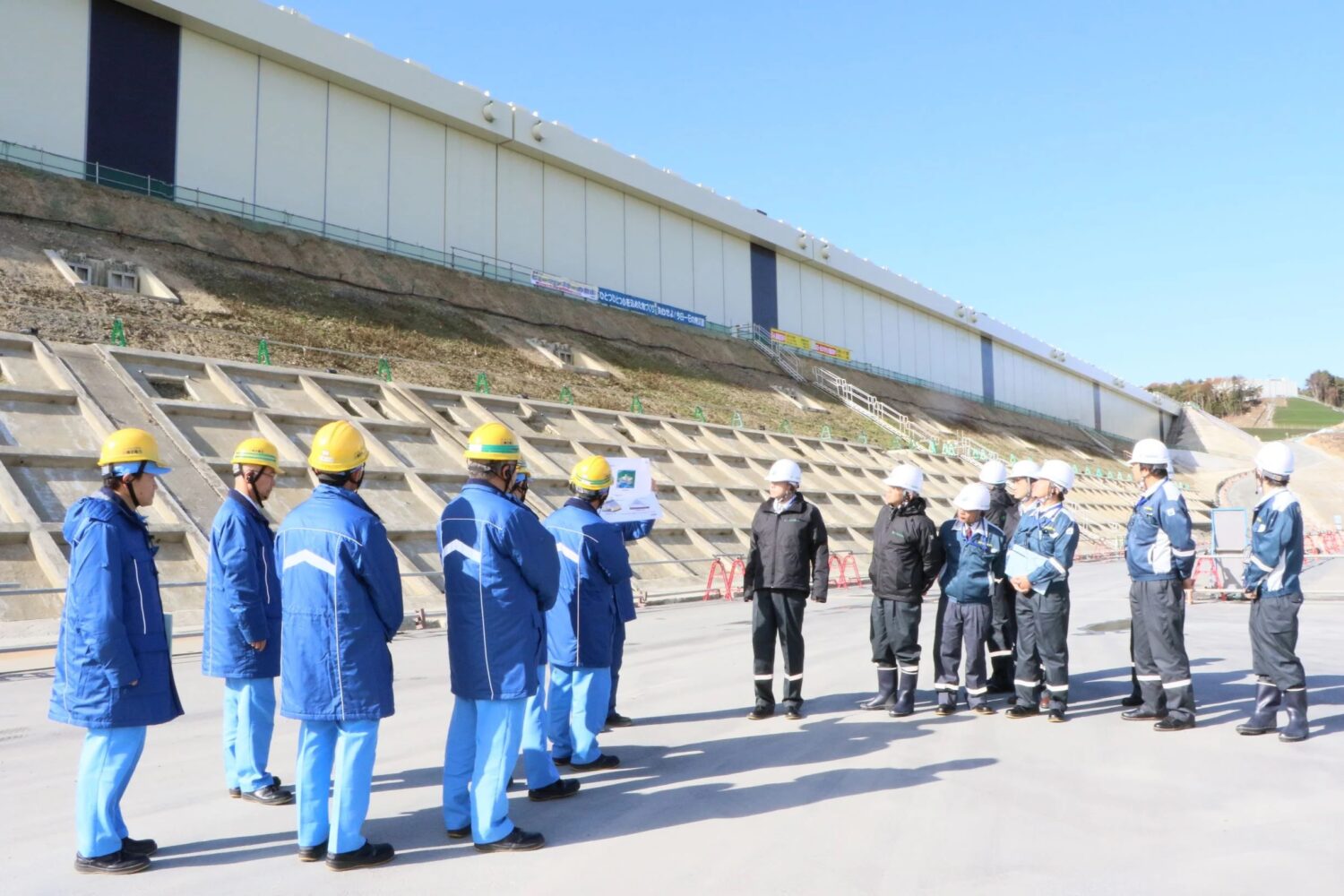
.jpg)


